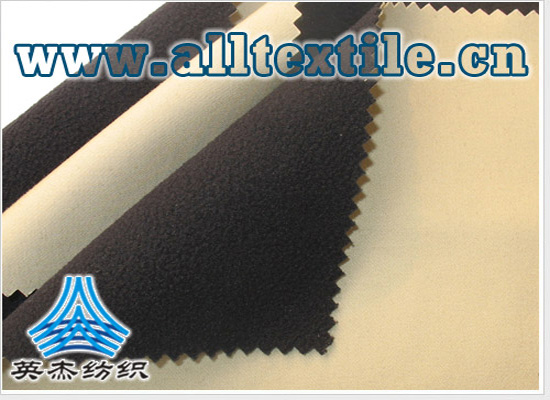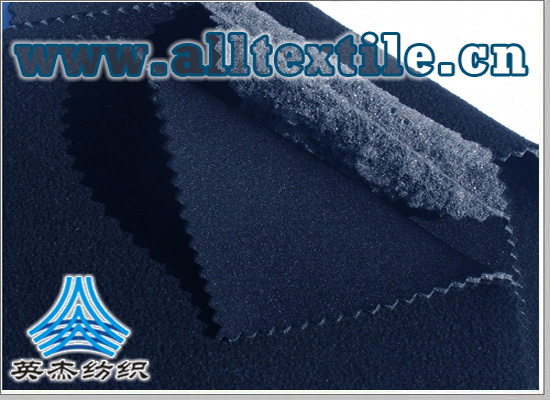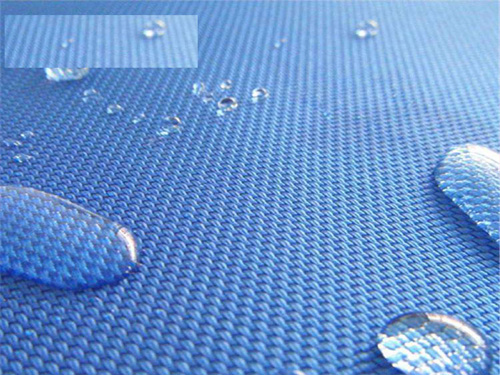Environmentally friendly flame retardant product instructions
Environmentally friendly flame retardant product instructions

Model TY-330
1. Characteristics
This product is suitable for flame retardant modification of EPDM rubber products. It has high efficiency, small addition volume, no migration, and easy operation. TY330 is made of “surface-treated red phosphorus” as the main material and compounded with other halogen-free flame retardants. Compared with the original red phosphorus flame retardant made of “ordinary red phosphorus” as the main material, it has a finer particle size , better dispersion, less addition amount and other advantages, especially the compatibility with colloids has been greatly improved and improved.
Usage: Add directly to the formula system for processing. This product can also be mixed with rubber separately to form a high-content flame-retardant masterbatch, and then added to the formula system that requires flame retardancy, and the corresponding addition ratio can be made according to different formulas and flame-retardant requirements. The actual added amount of flame retardant will vary according to different formula systems and flame retardant grade requirements. The optimal added amount is determined by customer testing.

2. Performance indicators
Appearance: light red powder
Effective flame retardant ingredients: ≥98%
Particle size (mesh): ≥800
Moisture: <0.3%
Burning point (℃): ≥320
Recommended dosage: The recommended dosage in the formula is 25-30% of the total formula ratio.
3. This product is environmentally friendly, halogen-free, passed SGS testing, and meets Rosh requirements.
4. Packaging and storage
1. Packed in paper-plastic bags, 25kg each.
2. Store in a cool and dry place. Fireworks are strictly prohibited. Pay attention to moisture-proof, avoid exposure to the sun and rain.
Product 2: Antimony trioxide
Antimony trioxide
Product model: Environmentally friendly and high purity 99.8%
Place of Origin: Muli, Yunnan
Detailed description:
Characteristics and uses: This product is a pure white cubic ultrafine powder. The products are widely used as flame retardant synergists in plastics, textiles, and chemical fibers, and are widely used in industries such as pigments, paints, electronics, enamel, and glass manufacturing.
Packaging and storage: The product is packed in double-layer bags, with the outer layer made of paper plastic and the inner layer made of polyethylene film bag. The net weight of each bag is 25.0kg. It is palletized into one ton per pallet; high-strength ton bags are per ton per pallet; It can also be packaged according to customer requirements. The product is stored in a dry and clean place.
Product 3: Decabromodiphenylethane
The main purpose
It is widely used in styrenic polymers, engineering thermoplastics, wire and cable coverings, insulators, elastomers and thermosetting plastics.
Decabromodiphenylethane
Chemical formula: C14Br10H4 Properties: This product is white powder, non-toxic, odorless, non-corrosive, insoluble in water, ethanol, acetone, benzene, chlorinated aromatic hydrocarbons, etc. Usage: This product is a new, broad-spectrum, efficient, additive, environmentally friendly flame retardant. It has excellent thermal stability and extremely high bromine content, as well as strong UV resistance and low toxicity. Widely used in styrenic polymers, engineering thermoplastics, wire and cable coverings, insulators, elastomers and thermosetting plastics. Packaging: 25kg woven bag. Production scale: 1000t/year Storage and transportation: Handle with care, seal and store, do not get wet.

Product 4: Magnesium hydroxide
magnesium hydroxide
English name: Magnesium hydroxide
Molecular formula: Mg(OH)2
Molecular weight: 58.32
Physicochemical properties: white crystal or powder. Aqueous solutions are alkaline. Density 2.36g/cm3. Soluble in dilute acid and ammonium salt solutions, almost insoluble in water and alcohol. Solubility in water (18°C) is 0.0009g/100g. Easily absorb carbon dioxide in the air. When heated to above 200°C in an alkaline solution, it becomes hexagonal crystal. It decomposes at 350°C to form magnesium oxide and water. When the temperature is higher than 500℃, it loses water and turns into magnesium oxide.
Usage: The main component of this product (flame retardant) is magnesium hydroxide. It is a new type of filled flame retardant that has been researched and developed in recent years. It is widely used in rubber, chemicals, building materials, plastics (polypropylene, polyethylene, polychloride). Ethylene, EPDM rubber, etc.) and electronics, unsaturated polyester and paint, coating and other polymer materials, especially for mining dryer coating cloth, PVC whole core conveyor belt, flame retardant rubber sheet, flame retardant Aluminum plastic panels, flame retardant tarpaulins, PVC wire and cable materials, mining cable sheaths, flame retardant, smoke elimination and anti-static cable accessories can replace aluminum hydroxide and have excellent flame retardant effects.
Production method: Selected natural ores, crushed and processed.
Product specifications: ordinary, ultra-fine, surface modified (particle size 3-5um)
Packaging: 20KG/25KG/piece, plastic woven bag lined with polyethylene plastic bag. (���Packaging according to customer requirements).
Product 5: Aluminum hydroxide
Aluminum hydroxide
Alumina trihydrate
Chemical formula of aluminum hydroxide: Al(OH)3
Quality standard: GB/T4292-1997
Aluminum hydroxide molecular weight: 78
Appearance of aluminum hydroxide: white powder or sand crystal, density 2.42 g/cm3, water loss at 300°C to form aluminum oxide
Aluminum hydroxide uses: used in waterproof fabrics, inks, glassware, paper fillers, mordants, water purifiers, and also used in aluminum salt, lubricant manufacturing, etc.
Packaging, storage and transportation of aluminum hydroxide: use polyethylene plastic bags or cowhide bags, sealed external cartons or polyethylene plastic woven bags, net weight of each bag is 20kg, 40kg, etc. Should be stored in a dry warehouse. The packaging should be completely sealed to prevent moisture. Do not store and transport together with acid products. When your husband is on fire, you can use water to save him.
Aluminum hydroxide toxicity protection: One of the toxic effects of aluminum is mechanical stimulation of lung tissue; second, it precipitates proteins and forms fibrous, irreversible protein compounds without inflammation. Inhaling aluminum dust mainly damages the lungs, which is called bauxite lung; chronic symptoms include weight loss, easy fatigue, difficulty breathing, and coughing. Aluminum hydroxide causes alveolar epithelial hyperplasia more significantly than aluminum. The maximum allowable concentration is 6mg/m3. Small wounds can be treated with alcohol and gasoline first, and then covered with non-toxic dressings; large wounds can be excised and sutured, and treated with sulfa preparations and penicillin. When working in places with high dust content, you should wear gas masks, protective glasses, and dust-proof overalls to protect your skin and eyes. You should have a regular physical examination once a year.





